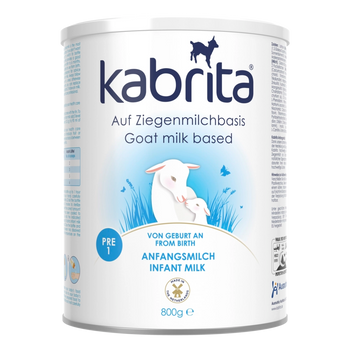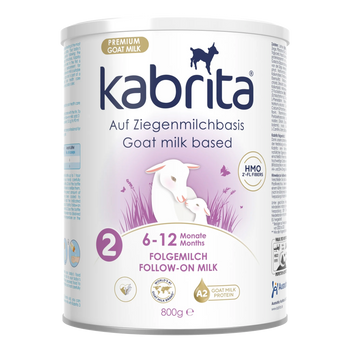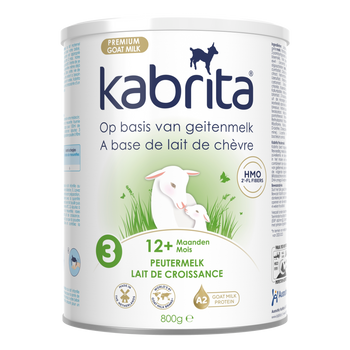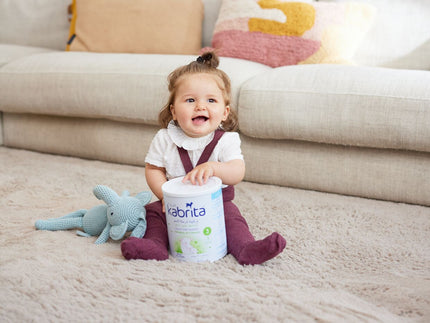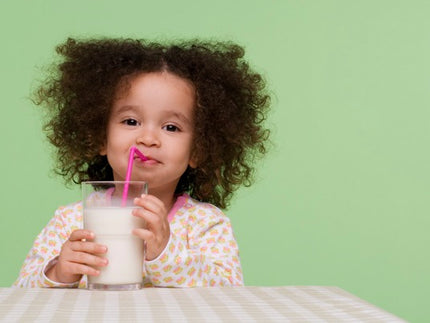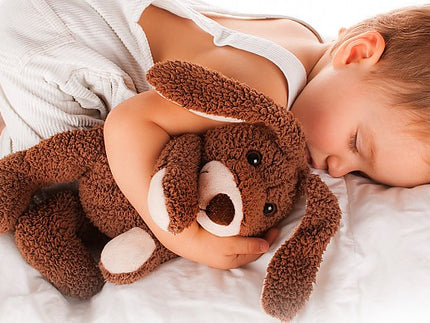Dealing with Thrush in Infants
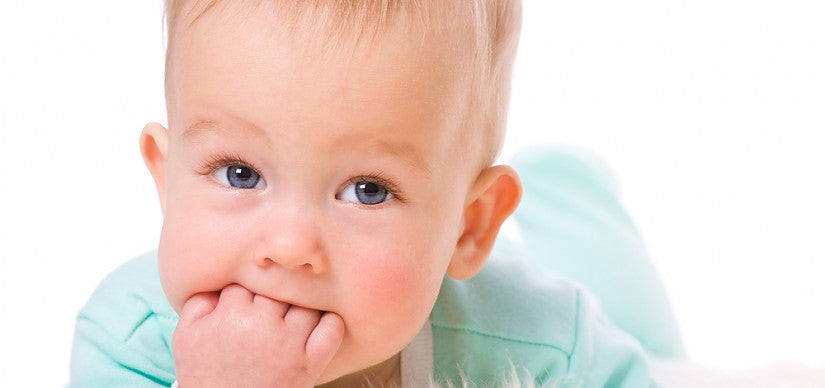
What is Thrush?
To put it simply, thrush is an infection of the oral mucosa. It is a type of yeast infection and is caused by Candida albicans. In babies, it causes white spots to form on the tongue. In extreme cases, the tongue will be completely white and the infection will appear on the inside of the cheeks as well as on the palate and lips. It is not an uncommon occurrence, affecting roughly 5% of babies aged under six weeks. Sometimes it can be hard to tell the difference between thrush and milk deposits left on the tongue. If you are unsure, milk can be wiped away easily and thrush cannot be wiped away at all.
Why Does Thrush Affect One Infant and not Another?
Thrush is an extremely contagious infection. Babies receive it from their mothers or from someone else who comes into contact with them often. In either case, it is the other person who will be carrying the yeast, probably without noticing or realising. The yeast will be transferred through the mother's nipple or possibly from the fingers of an unwitting carrier. Sometimes, the mother and baby can be more susceptible to thrush than is normal. This is caused by cracks in the nipple, stress, antibiotic medicines, a reduced resistance or the consumption of sugar-rich foods. In particular, infants that are breastfed will often contract thrush from the cracked nipples which are in turn caused by irritation and poorly fitting bras. A lactation consultant can help ensure that thrush is prevented by giving advice that will prevent the nipples from cracking.
Mothers Contracting Thrush
If an infant has thrush, it can quickly infect its mother. The first signs will appear in the mother's nipples. The breasts and nipples will become sore, feel like they are burning and can begin to flake. The nipple will turn a dark pink with white shiny spots, much in the same way as the baby's tongue will.
Thrush Symptoms
The white tongue is the most obvious symptom of thrush but it will not necessarily cause the baby to suffer immediately. Things change once there is itching and pain. These can also be symptoms of thrush. The following symptoms can also indicate the infection:
• Lots of crying.
• Refusing to drink.
• Strange clicking noises while drinking.
• Releasing the nipple quickly and often.
• Diaper rash (not always).
Treating Thrush
Thrush will go away on its own eventually. However, in the meantime, it is necessary to take steps to alleviate the symptoms with certain hygienic practices. What you can do is:
• Before and after breastfeeding, clean your nipples with lukewarm water and mild soap. Carefully dab your breasts dry after washing.
• Wash your hands after every toilet visit and after every diaper change.
• Wear airy, breathable clothing. Tight clothing cause pinching and is not hygienic.
• Wash all textiles that come into contact with your baby and milk (such as burp cloths, towels, your nursing bras) at a minimum of 60 degrees.
• Boil bottles daily. You also have to boil the parts of the breast pump every day.
Thrush Medication
Thrush is usually harmless and is easily treated. While it will pass by itself, this can take as long as three months. If this is too long or you think your child is suffering, a doctor can prescribe medication that can be fed to the child on a spoon or through a pipette. These medicines will help to make the fungus disappear, often within one week. If you are breastfeeding then a dermatologist can prescribe miconazole cream which is rubbed into the nipples.
About this Article
This article is one in a series of articles about common baby ailments. The information provided in this article has been carefully compiled and is intended to support young parents in dealing with their infant's thrush infection. Every child is unique and so it is always a good idea to contact your GP or a consultant if the infection is severe or persistent. These professionals will be familiar with everything that can happen to your child and will be able to recommend the best course of action.
About Kabrita
The Kabrita Goat Milk Bottle combines mild Dutch goat milk with a modern formula that utilises the latest scientific insights. This creates a complete bottle formula that will give your child all of their needed nutrients in a mild and friendly manner. Kabrita is produced entirely in the Netherlands on the basis of Dutch goat milk.
Want to stay up to date with the latest news about Kabrita? Then follow us on Facebook.
